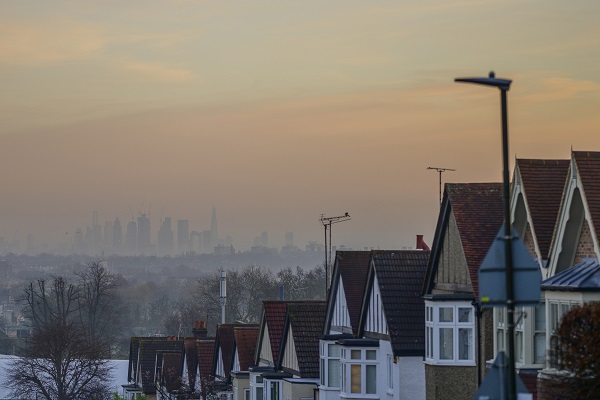The Mayor of London, Sadiq Khan, is calling on the Government to help protect London’s housing supply from being decimated by short-term lets.
The rapid growth in short-term lets in London in recent years, fuelled by online platforms such as Airbnb, is one element fuelling London’s housing crisis. In July 2023, there were 81,792 listings in London on AirBnB alone1. Of these, 50,401 are for entire properties, meaning at least one in every seventy-four homes in the capital is available for short-term let.
London is one of the tourism capitals of the world and short-term lets are a key part of the visitor ecosystem. But due to a lack of sufficient regulation or resources for boroughs to monitor the situation, it is unclear how many may be being let against the rules for more than 90 days a year.
Therefore, the Mayor is calling on the Government to work with him and boroughs to implement a licensing system for short-term lets. This would allow local authorities to limit the numbers of licenses issued in their area and avoid entire streets or blocks being turned over exclusively to short- term lets. For example, earlier this year it was reported that one residential block in Westminster had more than 90 per cent of its 118 units available on short-term letting platforms6.
Homeowners are entitled to rent out their homes for up to 90 days a year, but it is possible that many property owners in London are breaching this restriction whilst boroughs do not have the resources to monitor compliance. Charging for licences and enforcing business rates for properties let for more than 90 days a year would also generate a financial reward for councils who have seen their budgets repeatedly cut in recent years, allowing them to run more effective enforcement activity against unregistered landlords.
There is also a lack of transparency in the sector, so the Mayor is asking Ministers to back his call for new legislation to require short-term lets platforms to share data with local and national government, allowing decision makers to better understand how the sector is impacting the housing supply and local residents.
The Mayor’s call to action comes as part of his response to two Government consultations on the future of short-term lets. Proposals from Ministers to control the sector using planning powers or a voluntary register have both been criticised by the Mayor and boroughs for not going far enough to tackle the problem.
The issue of short-term lets reducing cities’ housing supply is not unique to London and the Mayor has looked to the example of other world cities for inspiration. Barcelona, Amsterdam and Paris all have forms of licencing scheme in place, with the French government going further to push short term lets platforms such as Air BnB to publicly share data about listings.
The Mayor of London Sadiq Khan said: “I am doing all I can to tackle the housing crisis in London, building a record number of the genuinely affordable, high-quality homes that Londoners deserve.
“But these efforts will continue to be hampered by the lack of regulation in the short-term letting market. Short-term lets play an important role in London’s tourism industry, but that mustn’t come at the expense of Londoners who need a place to live. We need transparency about how many properties are being rented out for longer than the rules permit, and accountability to local authorities and residents.
“This is why I’m calling on the Government to work with me and borough councils to design a licencing system to bring some order to this rapidly growing sector and prevent us losing yet more homes for Londoners to the short-term let sector.”
Prof. Claire Colomb, Professor of Urban Studies and Planning at University College London (UCL) said: “Our comparative research shows how European city governments have tried to regulate Short-Term Lets to strike a balance between their cities’ openness to visitors and the protection of the housing stock for long-term residents who are faced with an acute housing crisis.
“At present, London is one of the least regulated European cities when it comes to STLs. The most effective way to control STLs is to give local authorities the power to identify and control the use of a property as STL, which can be done in various ways. In London, this would be best achieved with a licensing scheme. A planning authorisation scheme could work if planning departments had enough resource, but we know that they are chronically understaffed and already struggle to meet their statutory duties.
“In any case, digital platforms must be required by law to display the license or authorisation number on each listing, and to share individualised data listings with public authorities at regular intervals so that compliance can be monitored.”






Leave a Comment